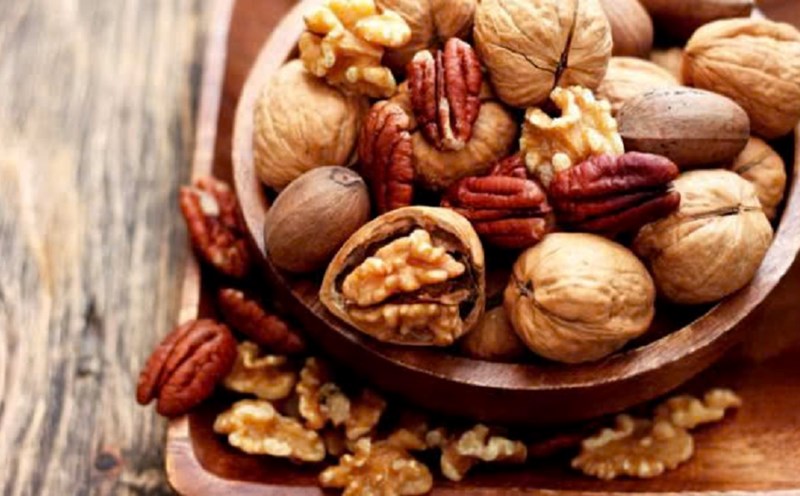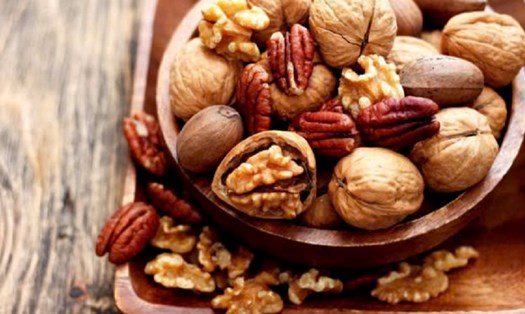Nutrition from walnuts
According to Dr. G. Sushma, a clinical nutritionist at CARE Hospital (Hyderabad), walnuts are a rich source of omega-3 fatty acids, antioxidants, vitamins and minerals. Regular consumption can help reduce cholesterol, reduce inflammation, support cognitive function and create a feeling of fullness for a long time - thereby contributing to effective weight control.
Although rich in nutrients, walnuts are very susceptible to oxidation, leading to loss of nutritional value and bitterness if not properly stored.
Sharing the same view, Pratiksha Kadam, chief nutritionist at Kokilaben Dhirubhai Ambani Hospital (Navi Mumbai), warned that high temperatures and humidity in the summer are the "enemies" of this type of seed.
How to preserve walnuts effectively?
Experts recommend storing walnuts in seafood containers, refrigerated or freezer. At cold temperatures, they can stay of good quality for 6 months, or even more than a year if frozen.
In addition, you should use glass bottles or vacuum bags to limit exposure to air and moisture, these are two main factors that cause bean spoilage. If you have to store it in a food tray, choose a cool, dark place and use it for a few weeks.
Dr. Sushma also notes that although walnuts are beneficial, because they are high in calories, excessive consumption can lead to weight gain. At the same time, people who are allergic to plant seeds should avoid this food to prevent dangerous reactions.
For any food, especially nutritional nuts, moderate use and suitability for personal health are key factors. To ensure effectiveness and safety, consumers should consult a doctor or nutritionist before including walnuts in their regular diet.











